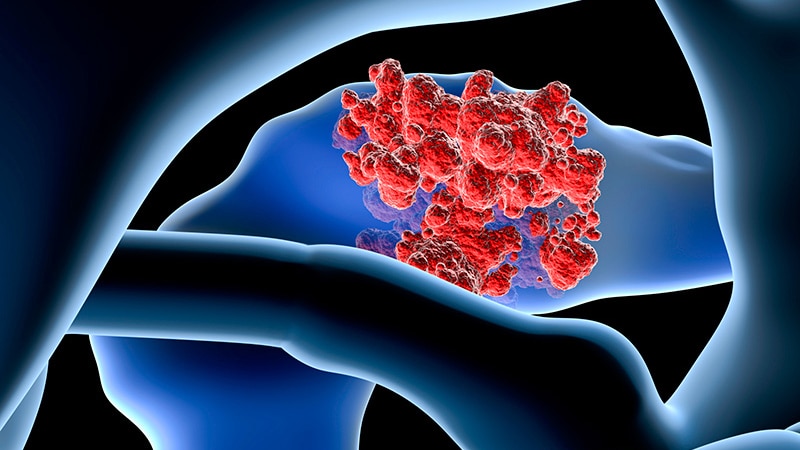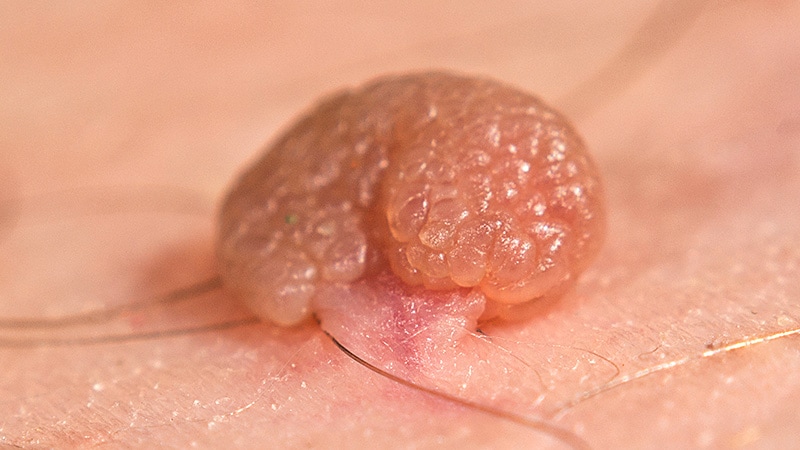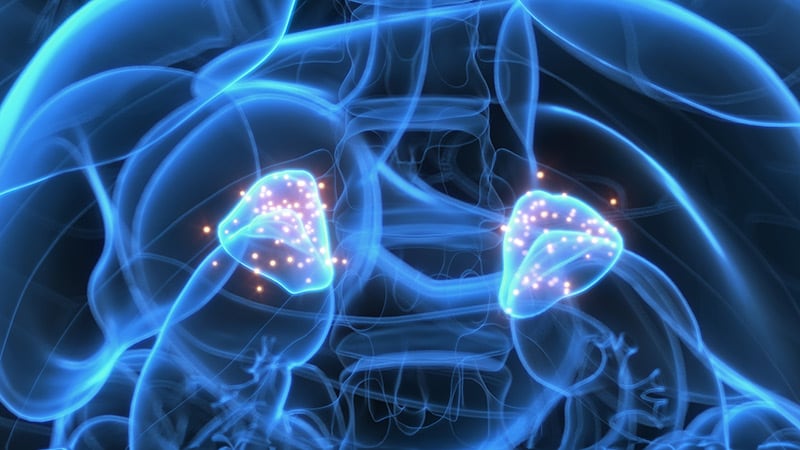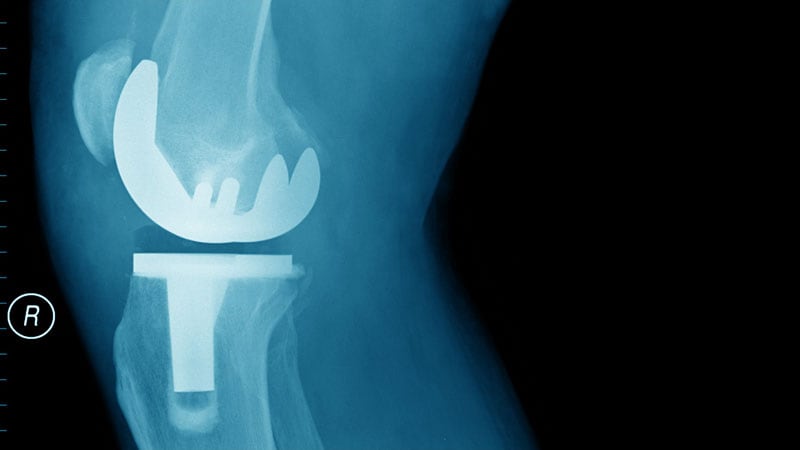In a recent article in the American Journal of Obstetrics & Gynecology, Dr Rebecca Thurston and Dr Pauline Maki, leading scientists in the area of menopause's impact on brain function, presented data from their assessment of 248 late perimenopausal and postmenopausal women who reported hot flashes, also known as vasomotor symptoms (VMS).
Hot flashes are known to be associated with changes in brain white matter, carotid atherosclerosis, brain function, and memory. Thurston and colleagues objectively measured VMS over 24 hours, using skin conductance monitoring. Plasma concentrations of Alzheimer's disease biomarkers, including the amyloid beta 42–to–amyloid beta 40 ratio, were assessed. The mean age of study participants was 59 years, and they experienced a mean of five objective VMS daily.
A key finding was that VMS, particularly those occurring during sleep, were associated with a significantly lower amyloid beta 42–to–beta 40 ratio. This finding suggests that nighttime VMS may be a marker of risk for Alzheimer's disease.
Previous research has found that menopausal hormone therapy is associated with favorable changes in Alzheimer's disease biomarkers. Likewise, large observational studies have observed a lower incidence of Alzheimer's disease among women who initiate hormone therapy in their late perimenopausal or early postmenopausal years and continue such therapy long-term.
The findings of this important study by Thurston and colleagues provide further evidence to support the tantalizing possibility that agents that reduce nighttime hot flashes (including hormone therapy) may lower the subsequent incidence of Alzheimer's disease in high-risk women.

.webp) 2 weeks ago
7
2 weeks ago
7
























 English (US)
English (US)